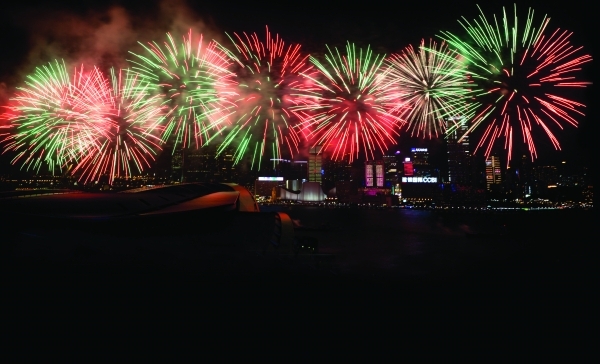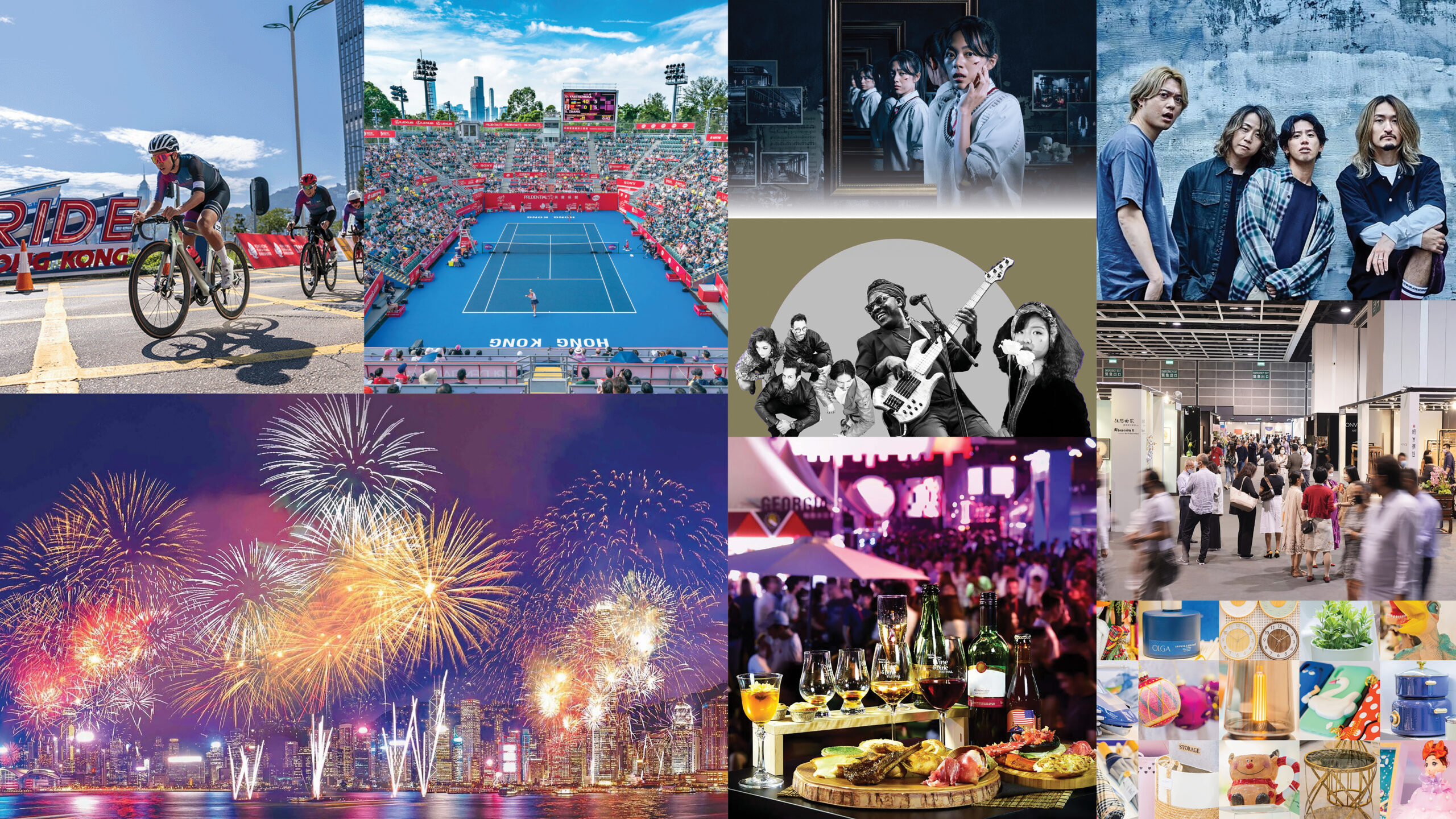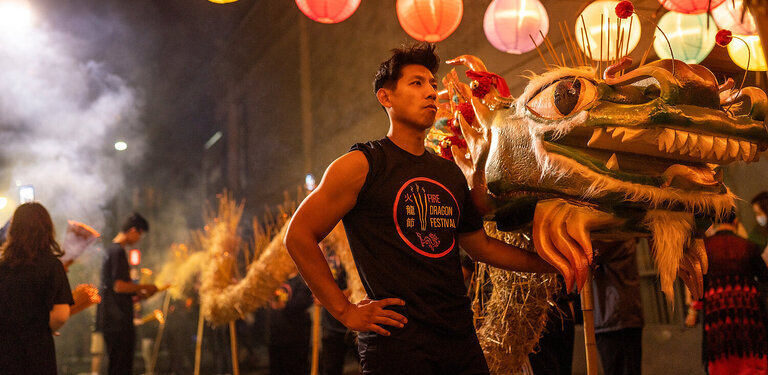
Monkey seeings, monkey doings in Hong Kong’s year gone by

Congratulations world, we’ve reached 2017. There were, to be fair, a number of times of late when it didn’t seem like we’d make it. If 1848 was The Year of Revolution and 1963 was The Year Sex was Invented, how will future generations look back on 2016? The year when voters around the world finally proved that democracy doesn’t work? The year when all the talented musicians died?
To be fair, Hong Kong has had its own share of political drama. At one time or another, it felt like hardly anybody was happy about The Way Things Were or, indeed, about The Way Things Were Likely To Be in The Future. Thinking back, though, pretty much the same sentiments dominated both 2015 and 2014. It could be, then, that 2017 will be The Year That Was Pretty Much Like The Previous Three Only More So. We shall just have to see, won’t we?
The chances are, however, that the number of celebrity deaths, at least, will decline in 2017 – largely on the grounds that there aren’t that many left. Beginning with David Bowie’s departure back in January, a steady parade of celebrities shuffled off their respective mortal coils, providing a somewhat sombre backdrop to the year. Even Hong Kong was not immune with the jewellery tycoon – and founder of the Chow Tai Fook Group – Cheng Yu-tung passing away and proving to be the city’s highest profile casualty.
For the SAR, overall though, the year began with a bang. And a crash. The bangs came courtesy of the traditional firework display over Victoria Harbour, while the crash was the one that shook the city’s stock market, which fell by three and a half percent on the first day of trading. Thus the tone for 2016 was set, with the cause apparently a larger drop – seven percent – in the Shanghai stock exchange. This would not be the only occasion when Hong Kong was shaken by mainland developments.

There were more bangs and crashes on the first day of the Chinese New Year, when a disagreement over fish balls turned nasty in Mong Kok. If any place in the world were to be the setting for a street food contretemps, it would most likely be Hong Kong.
The incident – triggered over a disagreement relating to the legal status of hawkers – resulted in the worst street violence seen in Hong Kong since the 1960s, at least according to The Economist.
Some 50 arrests and a near hundred injuries later, things quietened down, but the underlying anger seemed to simmer throughout the rest of the year.
Indeed, an HKU poll published in March found that confidence in the future of the city was at its lowest since April 2003. A further poll, carried out later in the year by the Chinese University of Hong Kong, found that 40 percent of all Hong Kong residents wanted to leave the city, a number that rose to 57 percent in the case of 18-to-30-year-olds. As a result, it wasn’t surprising that politics was on the agenda, though for Hong Kong book publishers hoping for freedom of travel across the mainland, it was probably best left off the agenda all together.

Prudent caution about senior mainlanders aside, discussion of Hong Kong’s own first family was, by comparison, all but compulsory. In April there was the airport incident involving Leung Chung-yan, which saw the chief exec’s daughter allegedly get Daddy to order airport staff to fetch her carry-on luggage from the wrong side of security.
Later in the same month, Regina Leung, the chief exec’s wife, also raised eyebrows when she seemingly instructed Hong Kongers to start growing their own vegetables. The understandable response from many angry residents was that their Mong Kok tower block was not overly blessed with surplus vegetable plots. Funny that.
While CY Leung’s family proved to be the city’s favourite soap opera, the way in which Hong Kong residents followed more traditional fare also changed in 2016, most notably on April 1 when ATV went off the air. With its glory days long gone, few mourned the channel’s ultimate demise.
After a short but respectful gap, a new channel – ViuTV – took to the airwaves, winning viewers over with its hearty selection of Korean dramas, a sign perhaps of the changing of the cultural guard across Asia. Despite that, all has not gone entirely well for the new station, which found itself embroiled in the murky topic of independence. Murkier still, one late night talk show attracted several complaints after guests ate food from one another’s armpits.
Housing was another theme running throughout 2016, pretty much as it has been in Hong Kong since time immemorial. More grist to the mill came in June, though, when Chen Hongtian, a Shenzhen tycoon, bought a house on the Peak for a record HK$2.1 billion. This saw a whinge of journalists try to uncover any interesting details at all about the previously little known businessman. Indeed, he became such a topic of discussion that, when his company bought an unexceptional office block in Kowloon for an unexceptional price, the SCMP headlined the tale as: “The buyer of Hong Kong’s most expensive home strikes again.”

Records were also broken last year in the meteorological arena, with the mean temperatures in July and October proving to be the highest since records began back in 1884. June set a different kind of record when it proved to be the month with the most consecutive days of temperatures in excess of 35 degrees ever. Clearly not wanting to be left out, the period September to November weighed in with 1,078.8mm of rain, taking the record for the highest amount of rainfall ever recorded in autumn. While it didn’t all fall during the Clockenflap outdoor music festival, for many participants, it might as well have.
Other events to fall foul of the weather included Hong Kong’s inaugural marquee cricketing tournament – the 2020 Blitz. Although it triumphed in bringing Michael Clarke, the former Australian captain, to the territory back in May, the fact that he spent much of his visit in the changing room was a disappointment to many.
Staying in the sporting arena, 38 athletes travelled from Hong Kong to Rio for the Olympics. Commenting on their success, Hong Kong’s chef de mission, Kenneth Fok, urged Hong Kongers to avoid regarding Olympic medals as the be-all and end-all of sporting achievement. A cynic might suggest that he would have said something different had Hong Kong not finished joint bottom of the table, with a grand total of zero medals.
So, with sport clearly not providing a great deal of positivity, Hong Kongers found themselves obliged to look further afield. Unfortunately, travel proved a particularly expensive affair in the latter part of the year when Cathay Pacific got its sums horribly wrong. Due to the company’s finance department betting the wrong way on oil prices, from mid-September onwards all passengers on Cathay Pacific and Dragon Air had to pay an additional HK$109 fuel surcharge.

If that didn’t deter people from visiting Asia’s world city, then the international coverage of the Rurik Jutting murder trial probably dissuaded any waverers from making the trip. Back in November, the sensational headlines relating to the case gave the distinct impression that Wan Chai was home to legions of coked-up bankers and Filipino good time girls who charged by the hour. Sometimes it’s hard to recognise our beloved city from the overseas press it gets.
While the number of scandals Hong Kong is home to are surely proof of some kind of vibrancy within the SAR’s boundaries, they are probably not laying quite the right groundwork for a city that is clearly at some kind of crossroads.
Indeed, many of the events of 2016 seem little more than distractions, incidental details that divert attention from the fact this particular East/West melting pot is still casting around for its future role on the world stage. Will 2017 see a clearer path emerging? Will Rurik Jutting be heading home for Christmas next year? The answer to both questions may well be an equally resounding no – but only time will tell the outcome.







